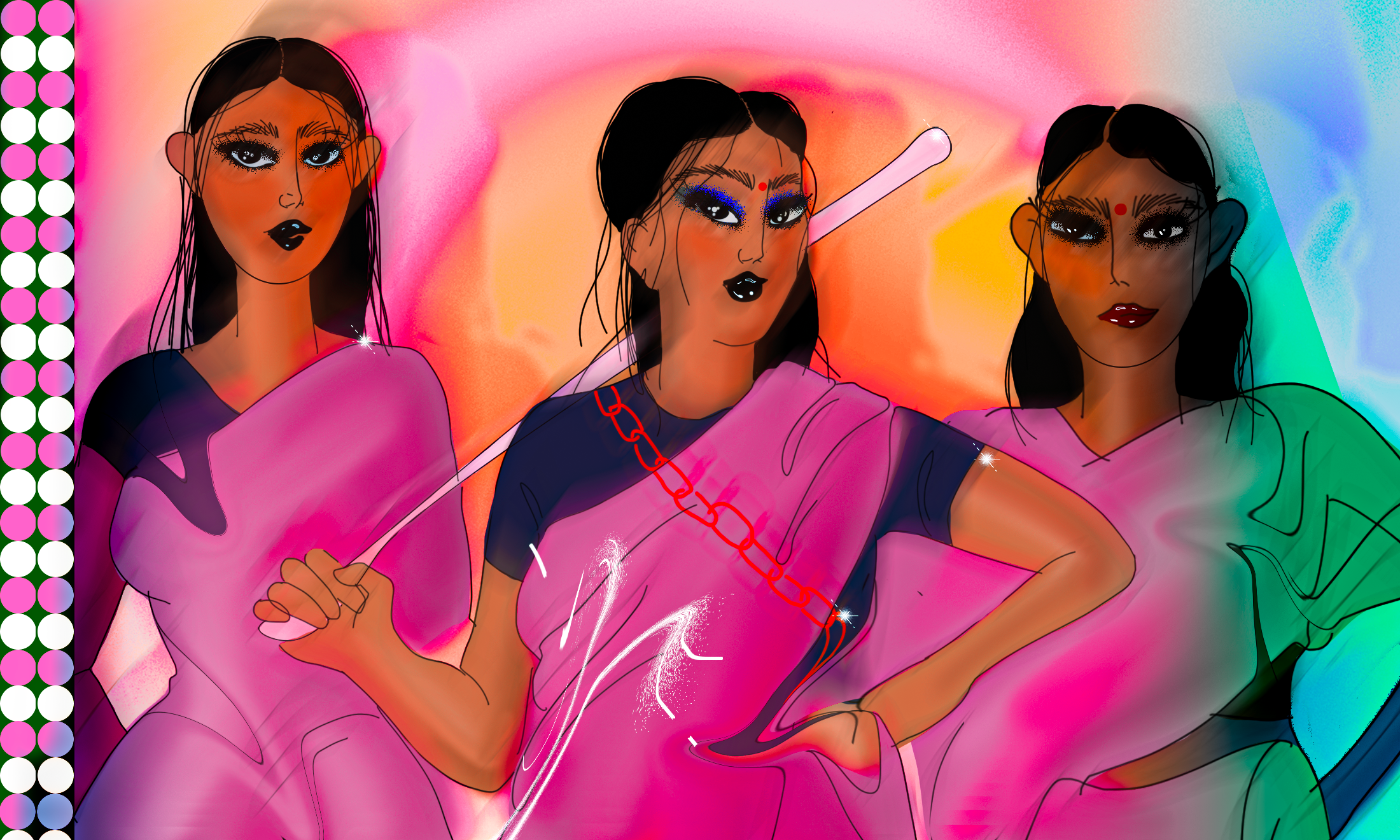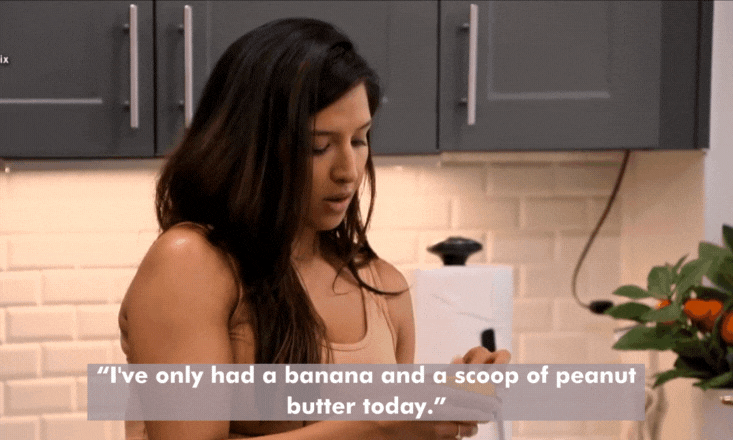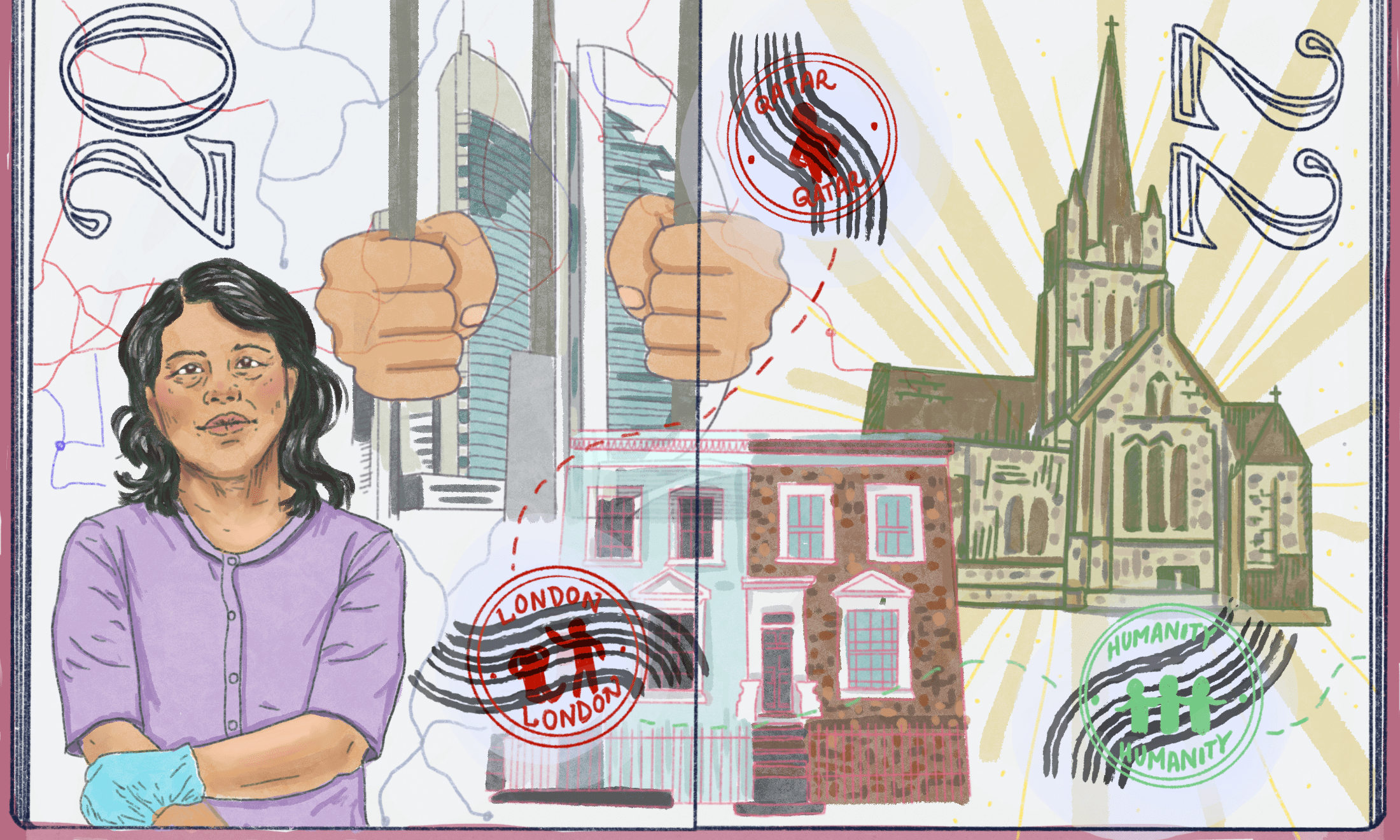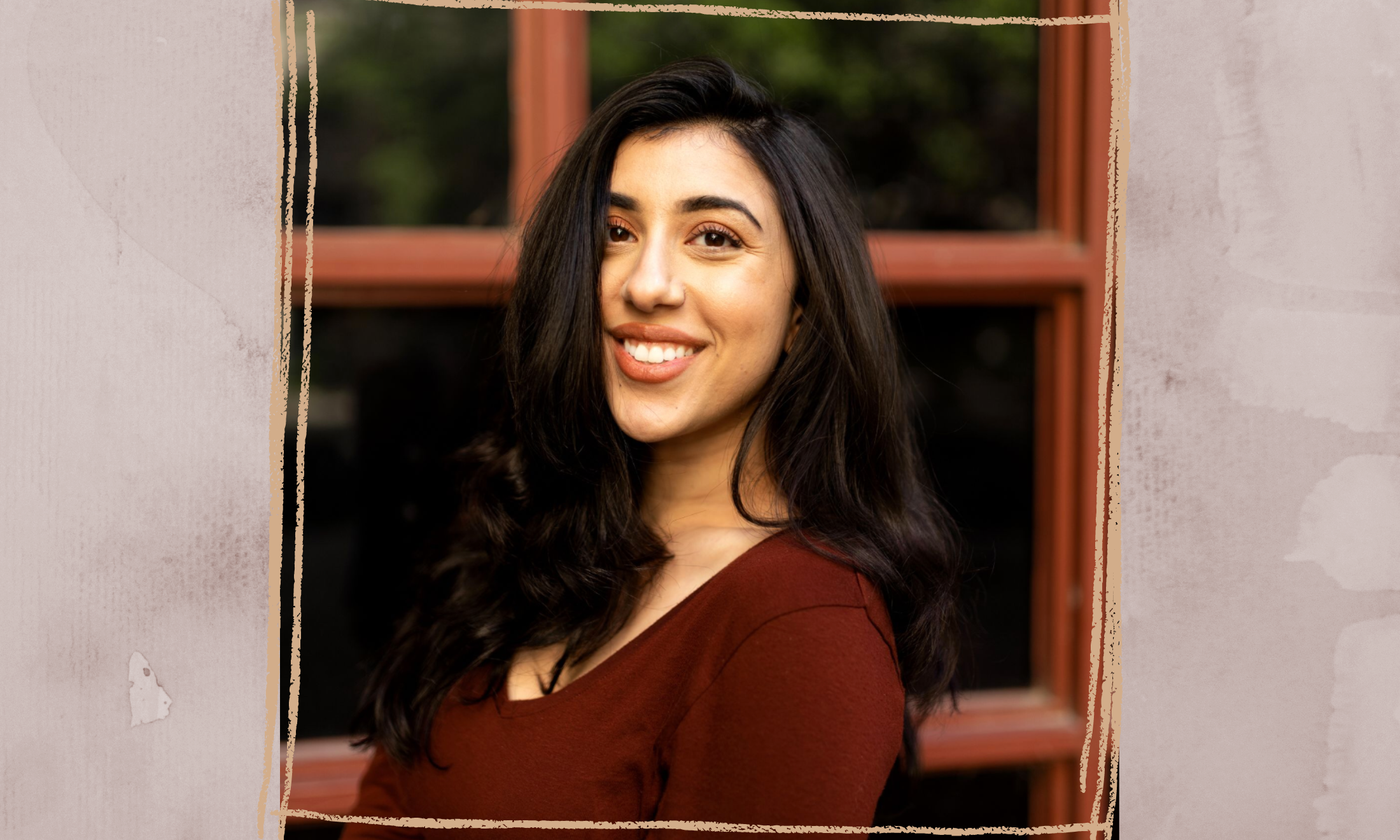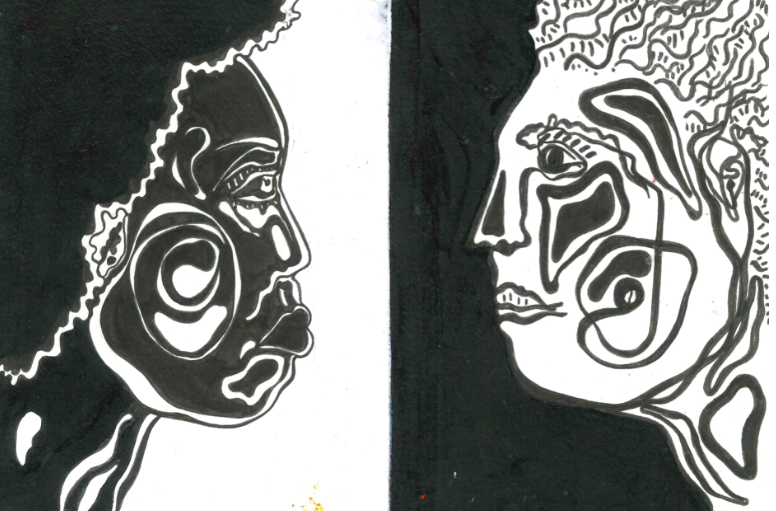
People of colour experience domestic abuse differently – why is no one talking about it?
Ammaarah Zayna
21 Jun 2019
The most recent government statistics on domestic abuse reveal that women aged 18-24 are now the most at-risk demographic to experience domestic abuse. Despite this, a quick internet search will lead you to believe the only people who experience domestic abuse are older, straight white women or silenced minorities. We have a preconceived idea of what domestic abuse looks like and who it impacts – but this idea is toxic and needs to change. Young people should be at the forefront of the domestic abuse debate, and yet most young people are unaware that abuse can even happen to them.
Domestic abuse is complex and difficult to define, as it comes in so many forms. For some, it takes the form of physical violence, but for others, the bruises of domestic abuse are much more difficult to recognise. Gaslighting, sexual coercion, intimidation and financial control are all key indicators of an abusive relationship. They are not lesser experiences or traumas, and your survival is not any less valid if you haven’t experienced physical violence. Domestic abuse is also not just something that occurs between intimate partners, with perpetrators often taking the form of ex-partners, family members or carers. Regardless of the circumstances that lead up to your abuse, you will always deserve to heal.
“Teenagers are taught how to put condoms on bananas, but not about how to identify abusive relationships and seek help”
Public rhetoric on domestic abuse is changing, but these changes are yet to filter their way into the education system and into the minds of our young population. There is a recurring theme that emerges around young people fleeing domestic abuse – of shame, guilt and “knowing better than this”. When all your friends manage healthy relationships, you feel left out for not living the fairytale romance too, as if it is somehow your fault. But blame only ever lies with the perpetrators. When there is so little representation of domestic abuse in the media, it is hardly surprising that we are unaware of just how common it is.
Teenagers are taught how to put condoms on bananas, but they are not taught about how to identify abusive relationships and seek help. Our relationship and sex education often starts and ends with contraception – meanwhile topics like consent, healthy boundaries and staying safe in relationships don’t even make it into the conversation. However, the landscape is changing slowly: in February 2019, the government made significant changes to Relationships and Sex Education, instructing schools to teach lessons on consent, domestic violence including coercive control, forced marriage, and FGM. Despite this improvement, many parents are still able to remove their children from sex education lessons, leaving adolescents even more uninformed and vulnerable. Education saves lives, and skipping sex and relationship lessons has more detrimental effects than some parents realise.
There is no evidence to suggest that ethnic minorities are more likely to experience domestic abuse than their white counterparts, but for many BME people, seeking support is harder. Institutional racism is prevalent in many agencies that come into contact with survivors, from the police and court systems, to the NHS and counselling services. Instead of focusing on their trauma, survivors may be asked to defend their race, religion, sexuality and immigration status before they can access help. Despite this, there are a number of organisations that specifically look to support people of colour. You should never have to justify your identity to professionals who are meant to support you, as this only adds to the trauma and pain you experience. Representation and cultural sensitivity can either make or break someone’s escape from an abusive relationship, as by accepting them fairly, you are providing them with the confidence and trust that this next chapter of their life will finally be one of safety and freedom.
“Institutional racism is prevalent in many agencies that come into contact with survivors”
Working in the domestic abuse sector makes you aware of the fact that abuse does not discriminate and really can affect anyone. Survivors come in all shapes and sizes, which should be recognised and not dismissed. We must sow the seeds of this message within our classrooms, so that children grow up knowing how to recognise an abusive relationship and who we can turn to if things go wrong. An inclusive, intersectional attitude towards tackling domestic abuse plays an imperative part in its eradication, as excluding any marginalised from the debate only helps abuse slip under the radar even more.
We will not win the fight against domestic abuse overnight because the systems that have allowed it to prevail were not created overnight. It’s important for us to therefore recognise that ending it is a shared responsibility, as domestic abuse really is everybody’s problem. Educate yourself on the early signs of an abusive relationship and discuss them with your friends and family. Talk about red flags when you see them, and if you don’t feel like you can do so sensitively, then seek out organisations that provide resources on how to. Challenge toxic thoughts and ideas whenever you come across them, and trust that there truly is support out there for everyone.

